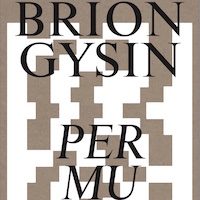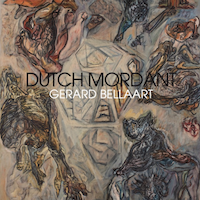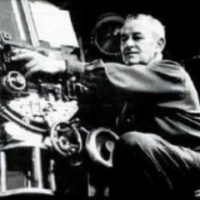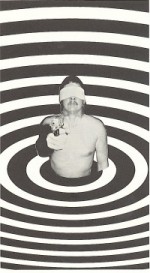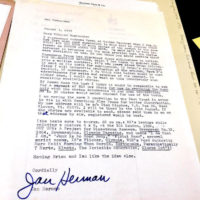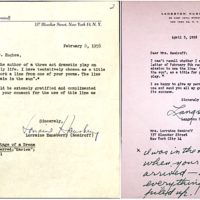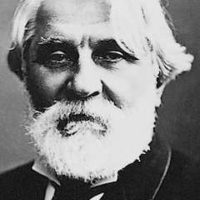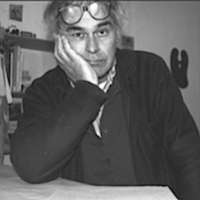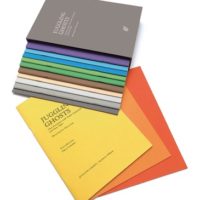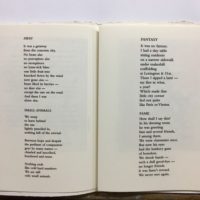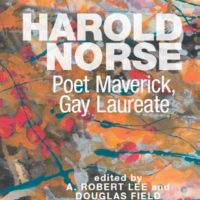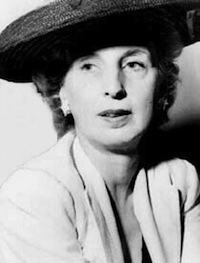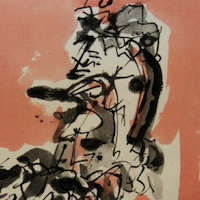“The whole idea of the permutations came to me visually on seeing the so-called Divine Tautology in print. It looked wrong, to me, non-symmetrical. The biggest word, That, belonged in the middle but all I had to do was switch the last two words and It asked a question: ‘I Am That, Am I?’ The rest followed.” — Brion Gysin
The Brooklyn-based publisher DABA Press is bringing out the most complete edition of Brion Gysin’s permutated poems published and recorded to date. The book is gorgeous to look at, sets the poems in their rightful context, and does justice to Ian Sommerville’s computer collaboration.

